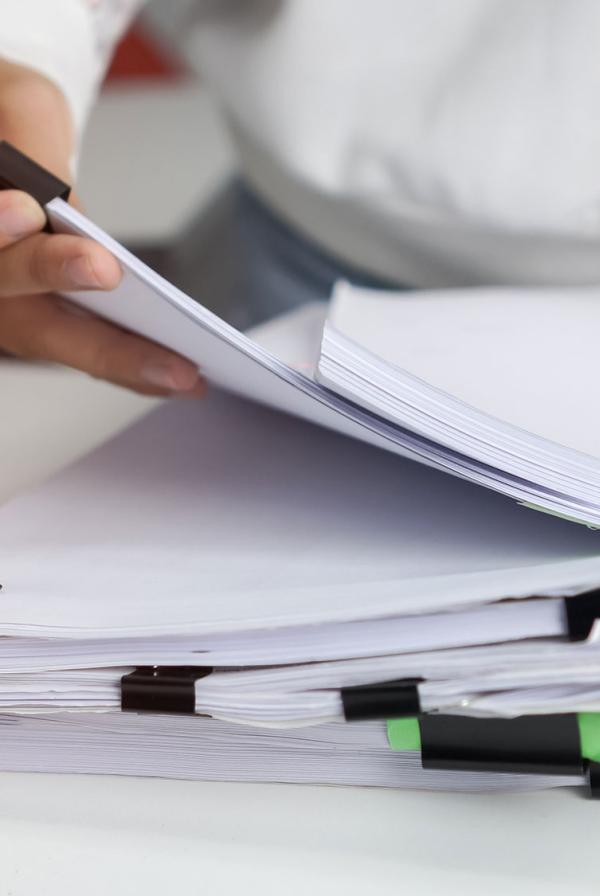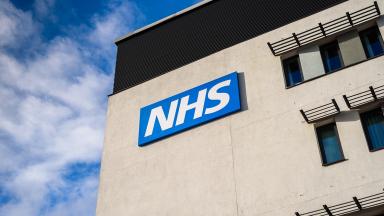Employment standards and regulation
Employment checks
Pre-employment checking seeks to verify that an individual meets the preconditions of the role they are applying for. There are six NHS Employment Check Standards that outline the type and level of checks employers must carry out before recruiting staff into NHS positions.
Find answers and further information about the NHS employment check standards in our frequently asked questions.
NHS Employment Checks Standards training modules
Our e-learning resource provides support with understanding pre-employment checks requirements for NHS roles, helping to make confident and efficient recruitment decisions. This is free to access for NHS organisations only (an NHS email account is required).
For non NHS organisations, the same e-learning package is available to purchase on licence via the eIntegrity website.











